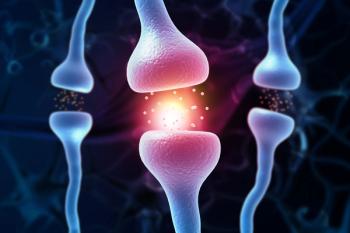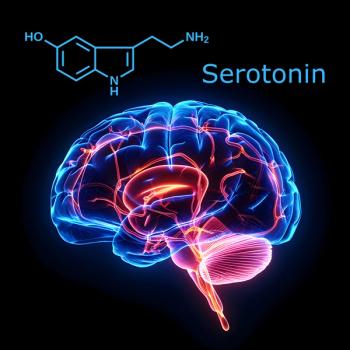
Climate Change and Air Pollution Combined May Worsen Schizophrenia Outcomes
Although a warming planet is bad for human health overall, the prognosis for schizophrenia is particularly poor, researchers argue in a commentary.
Climate change and air pollution are both known to harm human health but typically are considered separately. In fact, they are additive: Heat waves can be dangerous, for example, but they also raise the risk of wildfires, which release small particles that lodge in the lungs.
Both can negatively impact mental health. And they may have an outsize effect on schizophrenia, researchers write in a
Corresponding author
They cite studies that found associations between heat exposure during childhood and small increases in schizophrenia as adults, as well as increased symptoms among young adults. Natural disasters also were associated with more severe symptoms, including a 13% rise in emergency department visits for schizophrenia-related reasons during wildfire smoke events in California (even as an association for other mental health conditions was unclear).
Likewise, air pollution, especially small particles known as PM2.5, has been linked in several studies to increases in schizophrenia diagnoses and more severe symptoms.
Socioeconomic deprivation is a well-established risk factor for schizophrenia. The link traditionally is attributed to adversity, poorer general health and chronic strains experienced by people living in poverty, including limited access to health care and education, isolation, and exposure to violence.
But, as Cattarinussi and her colleagues suggest, that greater exposure to climate-driven events and air pollution may be a contributing factor, as low-income communities tend to be particularly vulnerable to the combined effects of air pollution and climate. They are more likely to be located near sources of air pollution and less likely to have adequate shade from trees, for example.
Unlike purely socioeconomic factors that can be targeted by social and public health interventions, the authors note, climate-related exposure and air pollution would require complex, structural strategies at the national and international level and would likely take decades to show results.
Although the precise biological mechanisms underlying the association between climate change and air pollution and mental health problems, including schizophrenia, are unknown, various animal and human studies implicate inflammatory processes as likely culprits. Psychological and behavioral factors may also play a role, for example, sleep disturbance, cognitive impairment, and heightened interpersonal and intergroup conflict.
The researchers also note a factor that is specific to schizophrenia and related conditions: Antipsychotic medications can modify the body’s ability to regulate temperature, increasing vulnerability to heat stress and, in turn, increasing the risk of physical and psychological distress, contributing to the complex interaction between environmental exposures and psychiatric disorders.
“In deprived communities, lack of resources, erosion of social support networks, social conflict, and migration resulting from climate change might additionally contribute to this association,” the authors write.
With average global temperatures predicted to increase, the incidence of psychiatric disorders is expected to rise as well, “both as an indirect effect of climate change and air pollution,” they write, and possibly also as a more direct effect of rising temperatures and air pollution.
“If governments do not implement public health interventions targeting vulnerable populations, the impact of climate change and air pollution on mental health could have devastating social and economic consequences for those affected and for society in general,” conclude Cattarinussi and her colleagues.
Newsletter
Get the latest industry news, event updates, and more from Managed healthcare Executive.

























